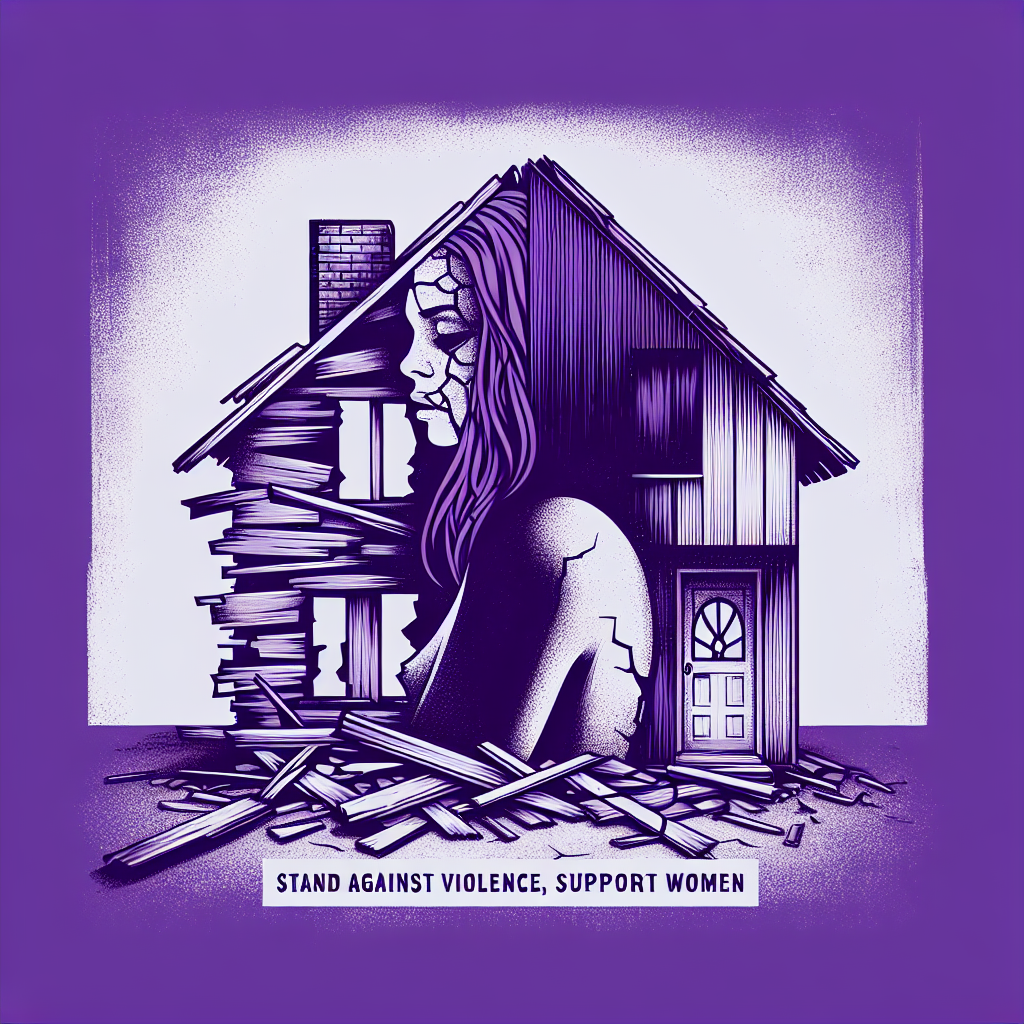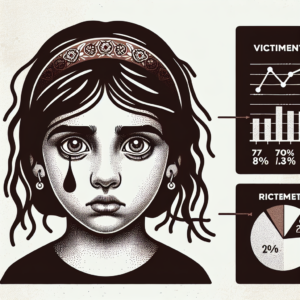### Introduction
In every corner of the world, domestic violence remains a pervasive and insidious problem. It is a phenomenon that transcends cultures, races, socioeconomic statuses, and national boundaries. The effects of domestic violence are devastating, not only for the victims but also for their families, communities, and even the economic and social fabric of countries. Acknowledging the gravity of this issue, the introduction of domestic violence acts in various jurisdictions has been a significant step forward in the fight against this scourge. These legislative measures are crucial in protecting victims, deterring perpetrators, and ultimately, saving lives.
### The Essence of Domestic Violence Legislation
The establishment of domestic violence legislation represents a crucial shift in societal attitudes; from viewing domestic violence as a private or family matter to recognizing it as a serious crime against individuals and society. These laws serve several essential functions:
– **Providing Legal Protection**: Domestic violence acts furnish victims with immediate legal remedies, including restraining orders against abusers, which can be a crucial step in safeguarding lives.
– **Setting Legal Precedent**: By codifying the criminal nature of domestic abuse, these laws help in setting legal and social precedents against such actions.
– **Creating Support Mechanisms**: Beyond legal remedies, many domestic violence laws also mandate the creation of support systems for survivors, including shelters, counseling, and financial assistance.
### Critical Elements of Effective Domestic Violence Laws
For these laws to be truly effective in safeguarding lives, they must incorporate several key elements:
– **Broad Definitions**: Effective legislation recognizes the varied forms of abuse—physical, psychological, sexual, and economic—ensuring comprehensive protection.
– **Accessibility of Legal Remedies**: Laws must ensure that victims can easily access protective measures without facing financial or bureaucratic barriers.
– **Support Services**: Legislation should mandate the establishment and funding of support services for survivors.
– **Awareness and Education**: Provisions for public awareness campaigns and education of law enforcement and judiciary personnel are crucial to ensure the effective implementation of the law.
– **Accountability Measures**: Laws must include strict repercussions for violations of protective orders and other legal measures to ensure perpetrators are held accountable.
### Success Stories: The Transformative Impact of the Domestic Violence Act
In jurisdictions where robust domestic violence acts have been implemented, the positive impact is evident:
– **Reduction in Domestic Violence Rates**: Countries with comprehensive domestic violence laws have observed significant reductions in the rates of domestic abuse.
– **Increased Reporting**: With legal protections in place, victims are more likely to come forward and report abuse.
– **Shift in Public Perception**: The existence of these laws and their enforcement contribute to a societal shift, where domestic violence is increasingly recognized and condemned.
### Challenges and Barriers to Implementation
Despite the progress made, the implementation of domestic violence legislation faces several challenges:
– **Lack of Funding**: Adequate funding is necessary to ensure the establishment of support services and the effective enforcement of laws.
– **Cultural and Societal Norms**: In some cultures, deeply ingrained beliefs about family and gender roles can hinder the enforcement of domestic violence laws.
– **Training and Awareness**: Ongoing training for law enforcement, judiciary, and support staff is crucial for the sensitive and effective handling of domestic violence cases.
### Moving Forward: Enhancing the Efficacy of Domestic Violence Laws
To maximize the potential of domestic violence acts in safeguarding lives, several steps must be undertaken:
– **Comprehensive Legislation**: Jurisdictions must continuously review and update their legislation to cover all forms of domestic abuse and incorporate best practices.
– **Community Engagement**: Active engagement with communities can help in changing societal attitudes and norms that perpetuate domestic violence.
– **Global Cooperation**: Sharing best practices, experiences, and challenges at international forums can help in crafting more effective domestic violence policies globally.
### Conclusion
The imperative role of domestic violence legislation in safeguarding lives cannot be overstated. While significant strides have been made in many jurisdictions, the battle against domestic violence is far from over. It requires ongoing commitment, awareness, and action from all segments of society, including governments, non-governmental organizations, communities, and individuals. By continuously refining these laws, ensuring their effective implementation, and challenging societal norms that perpetuate violence, we can hope to see a future where domestic violence is eradicated, and lives are no longer lost to this grievous issue.




















